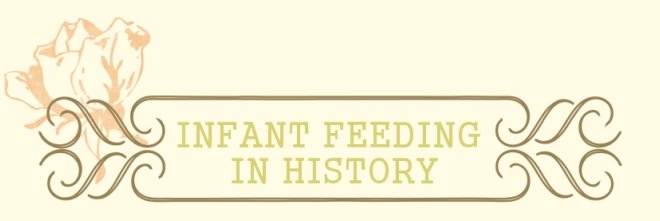Tuesday, December 8, 2009
Breastfeeding history links on Kellymom.com
Check out the links to breastfeeding history articles on Kellymom.com.
Friday, May 1, 2009
Niles and Michael Newton and LLL - Time Magazine Archives
Thanks to Debra Swank, an IBCLC in Ashburn, VA for posting these Time Magazine articles on a lactation email list.
Mind & Milk
June 19, 1950:
Back to the Breast
July 19, 1968
Mind & Milk
June 19, 1950:
When Niles Rumely Newton had her first daughter, Willow, five years ago, she was told that she would not be able to nurse the baby. "It made me so mad,' recalls tall (5 ft. 10 in.), grey-eyed Mrs Newton, "that I insisted on trying it. Anc I succeeded. [read more]
Back to the Breast
July 19, 1968
"A pair of substantial mammary glands," said Oliver Wendell Holmes the Elder in 1867, "has the advantage over the two hemispheres of the most learned professor's brain in the art of compounding a nutritious fluid for infants." Although eminently sound, Dr. Holmes's medical opinion was ignored by three generations of American women striving for female emancipation. [read more]
Thursday, February 5, 2009
J Hum Lact. 25(1):85-94.
http://jhl.sagepub.com/cgi/content/abstract/25/1/85
Breastfeeding in America: A History of Influencing Factors
Diane Thulier, MS, RN, IBCLC
Breastfeeding in America: A History of Influencing Factors
College of Nursing at the University of Rhode Island, Kingston
The author explores the history of breastfeeding in America. Popular belief is that medicine, science, and the formula industry have had the most impact on women's decisions to bottle versus breastfeed. What cannot be overlooked are other areas of influence. Cultural practices, including the beliefs of colonial Americans, the increased social value of children in the 20th century, and the emergence of a middle class, have influenced maternal decision making. The first and second waves of feminism affected women's choices. Politics and religion have had multiple and varied influences. It is this author's position that culture, gender, politics, and religion, as well as medicine, science, and industry, have combined to affect feeding choices. All of these influences, as well as others, both unforeseen and unpredictable, will continue to affect the future of breastfeeding in our society. J Hum Lact. 25(1):85-94.
Subscribe to:
Comments (Atom)




